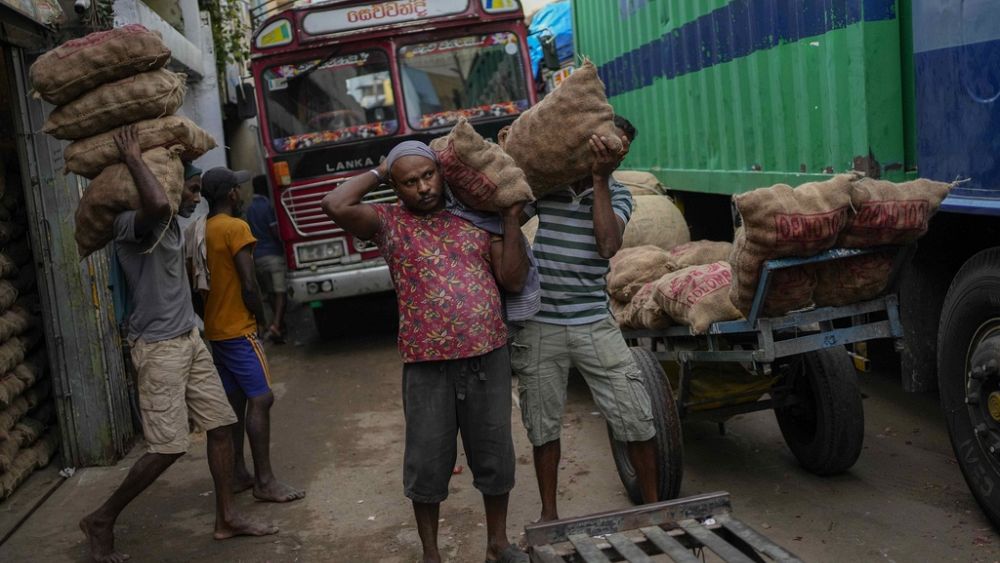
The International Monetary Fund has approved a nearly €2.79 billion bailout programme for Sri Lanka to help salvage the country’s bankrupt economy.
Sri Lanka defaulted on its foreign debt in April 2022 as the country plunged into its worst economic crisis, running out of cash to finance even the most essential imports and causing massive social unrest.
The economy shrank by a record 7.8 per cent last year,
Some €310 million was to be disbursed immediately to help alleviate the country’s humanitarian crisis. The approval also will open up financial support from other institutions.
Widespread protests over economic mismanagement, acute shortages of food, fuel and medicines, and runaway inflation forced President Ranil Wickremesinghe’s predecessor Gotabaya Rajapaksa to flee the country and resign in July.
Sri Lankans took to the streets demanding accountability for alleged corruption and demanding recovery of assets allegedly stolen by members of a former ruling family. Graft has been a main factor behind the country’s economic meltdown, critics of the government say.
“Sri Lanka has been facing tremendous economic and social challenges with a severe recession amid high inflation, depleted reserves, an unsustainable public debt, and heightened financial sector vulnerabilities,” IMF Managing Director Kristalina Georgieva said in a statement Monday.
“Institutions and governance frameworks require deep reforms,” she said.
With the IMF approval, Sri Lanka will no longer be considered a bankrupt nation and the country can resume its normal transactions, Wickremesinghe said in a brief recorded statement on Tuesday.
Since Wickremesinghe took over from ousted ex-President Gotobaya Rajapaksa, he has managed to reduce shortages and end hours-long daily power cuts. The central bank says its reserves have improved and the black market no longer controls the foreign currency trade.
However, trade unions oppose Wickremesinghe’s plans to privatise state companies as part of his reform agenda.
Public resentment may flare if he fails to take action against the Rajapaksa family, who people believe were responsible for the economic crisis.
Wickremesinghe’s critics accuse him of shielding the Rajapaksas, who still control a majority of lawmakers in Parliament, in return for their support for his presidency.



